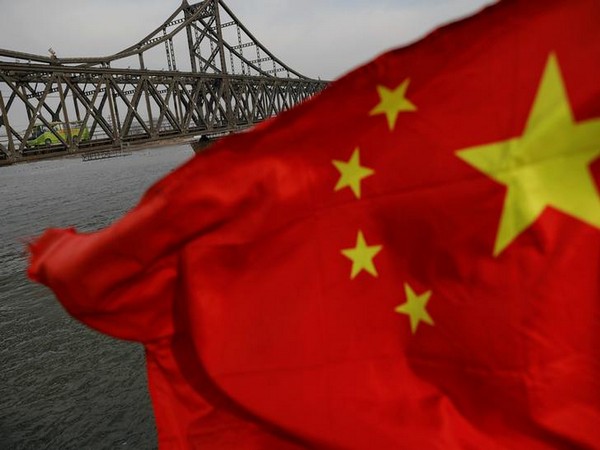Surveillance has tightened up across China as the authorities have increased the DNA mass tests including the arbitrary collection of DNA from residents in many towns and villages throughout the Tibetan Autonomous Region (TAR), several media reports said.
Citing the survey of a report from Citizen Lab which is an interdisciplinary laboratory at the
the University of Toronto and a Human Rights Watch Report, the European Times stated that atrocities against ethnic minorities in Tibet, especially Uyghurs and Tibetans by the Chinese Communist Party (CCP) have skyrocketed.
The reports revealed that between June 2016 and July 2022, the police in Tibetan Autonomous Region (TAR) may have collected between 919,282 and 1,206,962 DNA samples which represents one-quarter (25.1 per cent) and one-third (32.9 per cent) of Tibet’s total
population (3.6 million).
The mass testing drives not only targeted men but also women and children in the name of ensuring social stability, however, there is very little evidence that this programme is aimed at countering criminal activity, the European Times reported.
Moreover, authorities in Xinjiang collected DNA samples from the entire local population of Uyghur and other ethnic people aged 12 to 65. According to Human Rights Watch, the bottom line is that these collection drives could be seen as part of ongoing efforts by Beijing to establish a police presence at the grassroots level throughout the region.
China’s oppression of Tibet is not hidden from anyone and the communist nation is now carrying out mass DNA testing to create a biological database of people to monitor them.
The CCP has implemented Bio-security as an agency to control the population, specifically those in the occupied regions of Tibet, East Turkistan and Southern Mongolia being targeted, according to Tibet Press.
Earlier, China used biological means to sterilize thousands of Uyghur Muslims, which has shown horrific results. And the recent mass DNA collection drive occurring in Tibet where Human Rights Watch identified drives in 14 distinct localities across 7 prefectural-level areas indicates how wide this project is under the current regime.
Tibet under Chinese occupation has been repressed since 1949 when the People’s Republic of China (PRC) was established.
However, the collection of genetic material is not new to China as its ministry of public security runs the world’s largest forensic DNA database, which probably contains more than 100m profiles. This activity involves gathering samples from criminal suspects or victims of crime, similar to what western countries do.
But since 2017 Beijing under the leadership of Xi Jinping has transformed the functioning of this activity and launched a campaign to collect DNA from 10 per cent of all Chinese men with the sole purpose to trace a man’s male relative.
This move was decried by several activists as they saw it as a means through which perceived troublemakers would be punished and threatened by involving his parents and family.
Such an intention and ploy were a functioning modus operandi by Beijing, especially in the occupied regions.
For Tibetans, it was common knowledge that if you have family and links in Tibet, you must be apolitical even if you are personally far away from the direct clutches of Beijing’s authoritarian rule. The reason is that your family members were immediately questioned, threatened and even sentenced due to your actions that occurs far beyond the jurisdiction of Beijing, reported Tibet Press.

